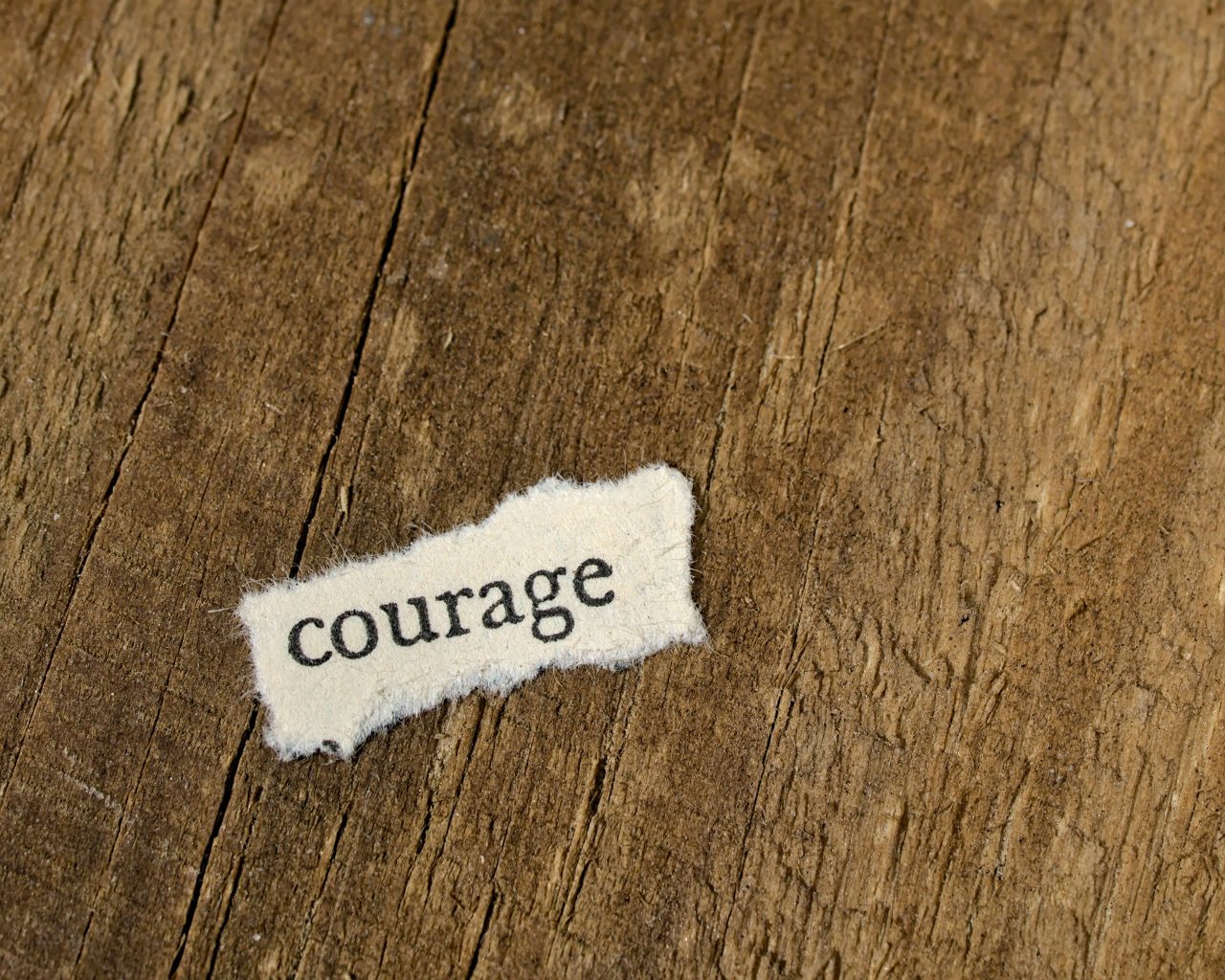Irina, the Finnish musician, sings, ” Rohkeempaa on luovuttaa,” which, freely translated, means it’s a braver act to let go. But when and where is that limit? When consumed by the endless cycle of responsibilities and commitments and the constant push to achieve more, how do you know when it’s too much?
While ambition and perseverance are admirable traits, there are moments when the wisest course of action is to step back, let go, and prioritize one’s well-being. This decision seems to be very difficult, sometimes almost impossible.
Recognizing the Signs
Some people are equipped with experiences that they have transferred into mental resilience that gives them a risk tolerance that is practically infinite. Let me tell you, it’s not. Everyone has limits, and constantly operating at high levels of stress without adequate rest and recovery can lead to burnout, physical illness, and mental health issues. For example, crises, traumas, and some life-changing events provide people with perspective; they also increase the tools for survival in their repertoire—sometimes so much so that their minds and brains need the body to malfunction to understand to stop and rest or even let go. The first step in letting go is recognizing when it’s necessary. How hard could it be? Right!
As my summer holiday approaches and after a challenging spring, I felt the need to pause and reflect on my position within my personal well-being map
Here are some things I asses to help myself evaluate if it’s my time to shift my focus inward:
- Persistent Stress and Anxiety: If you find yourself constantly stressed or anxious despite your best efforts, it might be a sign that you’re taking on too much, and you don’t have a proper way to address the things you’re working with. Chronic stress can lead to burnout, affecting your mental and physical health. Others will notice this faster than you, so listen to the people around you. I have learned to use a professional work coach when possible in high-stress work situations like crisis management. That coach is, first and foremost, outside of the organization I work in, so I can and need to be straightforward and honest. That means they also have a background, usually in psychology, to support me fully. The work coaches aren’t traditional additions to occupational health deals in our line of business (IT), but talk to your HR or Boss if you could get the service. It will help you!
- Lack of Joy: When activities that once brought you joy now feel like burdens, it indicates that you might need a break. In prolonged high stress, it’s easier to glide from hypervigilance straight to hypoarousal than to start thinking about recovery and actions to balance your well-being levels. Your passions should uplift you, not drag you down. If the passion suddenly dies without obvious reason, your red flags should flow!
- Physical Symptoms: Headaches, fatigue, insomnia, and other physical ailments can be your body’s way of telling you that it’s overwhelmed. Ensure you actively listen to these signals and consider if your current path is sustainable.
- Strained Relationships: If your commitments are causing tension in your relationships, it’s crucial to evaluate whether the sacrifices are worth it. It might mean that the only thing you’ve been talking about has been your work situation, and the people around you are starting to be as exhausted as you. I have also noticed you need to have someone to talk to. Peers, bosses, friends, and life companions are nice talking partners but remember; they aren’t supposed to carry you through your work days. Healthy relationships, between people and things you do in your life are foundational to well-being.
The Courage to Let Go and ask for help
“I don’t wanna look like I have failed or let anyone down” is the most heard reason for not stopping on time. Letting go is often perceived as giving up, but in reality, it’s a courageous self-care act. There’s a reason why the mask is asked to be put first to you in the airplane security demonstration. If you take a moment to review that, it will be obvious that without proper oxygen level, you can’t function, never less help anyone else. So next time you catch yourself in a situation where you feel like you haven’t taken a proper deep breath for a while, take a step back and assess what truly matters to you, learn to say no, and don’t be afraid to reach out for help.
Doping for survival
Taking blood pressure medication for breakfast and valium for evening snacks can start sounding like a good way to survive the work you’re supposed to do, but it’s like using doping to survive your day. Even if there’s no WADA testing you at work place, don’t do that! Letting go is not a sign of weakness, but a powerful act of self-love. It’s about recognizing that you cannot pour from an empty cup and that your well-being is essential to living a fulfilling and meaningful life.
Engaging with an impartial listener, such as a therapist or counselor, can provide you with an unbiased perspective and a safe space to express your thoughts and feelings without fearing judgment or burdening those close to you. This can be incredibly liberating and often leads to deeper self-awareness and solutions that might not emerge in conversations with people who are emotionally invested in your situation.
Make a habit of making the conscious decision to prioritize yourself. Take a deep breath, evaluate what’s truly important, and have the courage to let go when it’s needed. Your well-being and loved ones will thank you.




